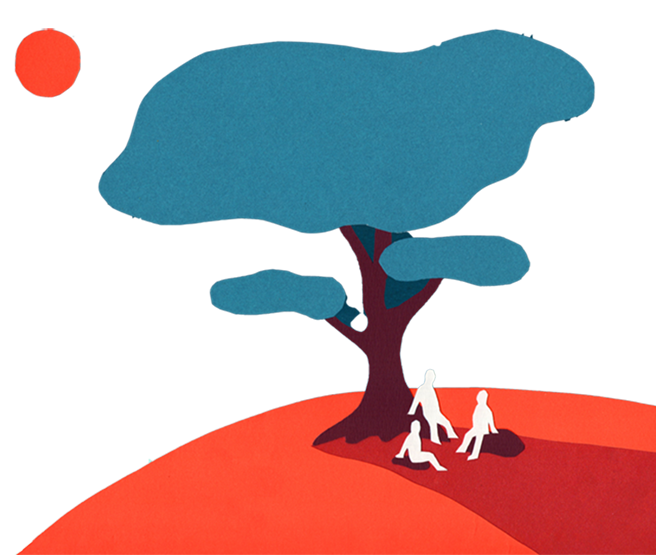There are lots of cases of expertise with a human face. Care robots may be one, perhaps, as is the internet, smartphones, endoscopic surgery, and so on. My book is not an attempt to blame, decry or reject expertise. But I see a problem in hyperspecialisation, in narrow forms of expertise, that promises us great gains of knowledge, collectively, but that has a regrettable reverse side: each one of us faces an ever expanding domain of ignorance, individually. I argue that we may have passed the optimum of specialisation. If so, more expertise is not a viable response. What we do need instead is a restoration of the critical potential that is key to our common sense.
Think of these Japanese care robots and the unintended side-effect that we might loose sight of any reason to visit the elderly anymore. After all, they’ve got their robots which might be much more efficient, punctual and patient than we ourselves. Should we welcome such a future for our ageing population? That is a good question. An important question. But there is no expertise to answer such questions, I argue. We need to ask them, to ourselves. We need to understand them. As questions. And we need all the common sense in the world to discuss these questions and to resist the inclination to rush towards easy answers or to simply leave those questions to anonymous experts, avoiding to consider our own responsibility.
